Cronenberg’s ‘The Shrouds’ Turns Mourning Into Morbid Spectacle
With "The Shrouds," master of body horror David Cronenberg creates an unsettling mediation on loss and decay.

Many filmmakers draw from the well of their personal heartbreaks in their work, but few do so with the lurid perversity of David Cronenberg.
Forty-six years ago, while going through a bitter divorce, the Canadian filmmaker wrote and directed The Brood, a horror flick in which a woman, loosely based on Cronenberg’s ex-wife, asexually spawns a “brood” of dwarf-like murderers who terrorize her loved ones. Cronenberg famously told author Chris Rodley that he found it “satisfying” to shoot the climax, in which the woman’s ex-husband ends the carnage by strangling her.
In recent years, Cronenberg, known for nightmarish ’80s staples like Videodrome and The Fly, has been dealing with heartbreak of a different sort: the 2017 death of his second wife, Carolyn Zeifman, from cancer. His own grief clearly animates his 23rd feature, The Shrouds, an unflinchingly morbid meditation on loss, decay, and the vulgar nature of remembrance in a digital world — a project that the 82-year-old director has called “my most autobiographical film.”
Maybe that’s an unnerving proclamation to make about a movie whose protagonist soothes his grief by monitoring a livestream of his wife’s corpse decomposing in the grave, but Cronenberg, a director who could credibly be called the godfather of body horror, isn’t known for keeping things light.
Like Cronenberg, our protagonist, Karsh (Cronenberg regular Vincent Cassel), is an intense visionary with a shock of white hair and a persistent sorrow he carries around since the death of his wife, Rebecca (Diane Kruger), several years earlier. “Grief is rotting your teeth,” a dentist informs him early in the film, after a hallucinatory zoom into Karsh’s open mouth, emitting a cry of grief and rage, cuts to a routine dental check-up.
Later, during a discomfiting date at an upscale restaurant overlooking a cemetery, Karsh admits that when they lowered his wife’s coffin into the ground, he “had an intense, visceral urge to get in the box with her.”
Death, you see, is Karsh’s business. A Toronto-based tech entrepreneur, he owns this unusual cemetery, and has invented a technology called GraveTech, a high-tech burial shroud fitted with cameras — “Shroudcam” — that enable the living to view their loved one’s decomposing skeleton in real time. The feed is viewable on screens mounted on the headstones themselves, as well as via an app that the deceased’s family members can download on their phones.
“It comforts me,” Karsh says, of remotely viewing Rebecca’s remains, to Rebecca’s sister (also Kruger), who is icked out by the whole thing. It’s like The Green Room (1978), the Truffaut film about a man obsessed with mourning those he’s lost, for the Ring Camera age.

Like grief itself, the film does not follow a straightforward trajectory. It zigzags, pursues dead ends, circles back upon itself. Karsh’s life and business are thrown into disarray when his cemetery is vandalized and the camera software hacked by mysterious enemies, a situation investigated by his former brother-in-law, a programmer named Maury (a particularly greasy Guy Pearce).
Karsh suspects Russian hackers may be to blame, or Chinese entities who want to manipulate GraveTech surveillance for nefarious purposes, but then it turns out that Maury may not be what he appears, and neither is Karsh’s A.I. assistant, a virtual avatar named Hunny (also played by Kruger, sort of), whose disquieting presence in this film feels like the opposite of Silicon Valley product placement.
The film’s conspiracy-thriller intrigue feels like one convoluted MacGuffin: a tapestry of screens and illusions, all serving to distance Karsh from his loved ones, both living and dead, and from any semblance of truth. The film’s visual style is clinical and cold; its story, like grief in this modern era, heavily mediated by screens. The Shrouds is firmly implanted in the digital age, which makes for a neat contrast with, say, Scorsese and Spielberg’s preference for period pieces but also results, at times, in a disjointed, herky-jerky narrative.
Cronenberg’s approach here is almost defiantly anti-spectacle, a “horror” movie that’s mostly a guy talking and fucking and looking at screens. Those expecting a grand, Brood-like finale will be left cold. Then again, the biggest surprise with The Shrouds is that, despite what the cemetery imagery and rotting corpses suggest, it’s not really a horror movie at all. It’s more of a grimly contemporary techno-satire mixed with conspiracy thriller mixed with grief meditation, smartly attuned to the tech industry’s ghastly attempts to solve, or “hack,” loss.
What’s flesh-and-blood real in The Shrouds is a surprising layer of eroticism, laced with mordant humor and a drop of necrophilia. Karsh embarks on steamy affairs with both a mysterious blind woman (Sandrine Holt), who seems to relish taking what she calls his “neo-virginity,” and with Rebecca’s sister, Terry, who knows he’s thinking about his dead wife during their encounters and seems turned on by it. “Do I remind you of Becca?” Terry gasps during this bizarrely erotic interlude. “Do you wonder if I’ll come the same way she did?”
Meanwhile, in dreams, Karsh is visited by nude visions of his wife, her body mutilated by the cancer that will eventually kill her, her sexual cravings intact. Desire doesn’t end even after death does you part, Cronenberg seems to express, though it may take strange forms.
In a recent interview with RogerEbert.com, Cronenberg admitted that he didn’t find the filmmaking process particularly therapeutic.”To me, art is not therapy, and there’s no catharsis,” he said, bluntly. “I’m the same as Karsh. You’re looking at it, but that doesn’t make it less painful.”
Perhaps this is what Cronenberg meant when he described the movie as autobiographical — that his character has found strange and innovative new ways to channel his grief, but this morbid technology brings no catharsis or relief from pain. With The Shrouds, a horror legend discovers that the most disturbing body horror of all — cancer, death, decay — is the kind that’s real.
The Shrouds (★★★☆☆) is Rated R and is playing in select theaters nationwide, including the Angelika Mosaic and AMC Hoffman in the D.C. area. Visit www.fandango.com.
Support Metro Weekly’s Journalism
These are challenging times for news organizations. And yet it’s crucial we stay active and provide vital resources and information to both our local readers and the world. So won’t you please take a moment and consider supporting Metro Weekly with a membership? For as little as $5 a month, you can help ensure Metro Weekly magazine and MetroWeekly.com remain free, viable resources as we provide the best, most diverse, culturally-resonant LGBTQ coverage in both the D.C. region and around the world. Memberships come with exclusive perks and discounts, your own personal digital delivery of each week’s magazine (and an archive), access to our Member's Lounge when it launches this fall, and exclusive members-only items like Metro Weekly Membership Mugs and Tote Bags! Check out all our membership levels here and please join us today!





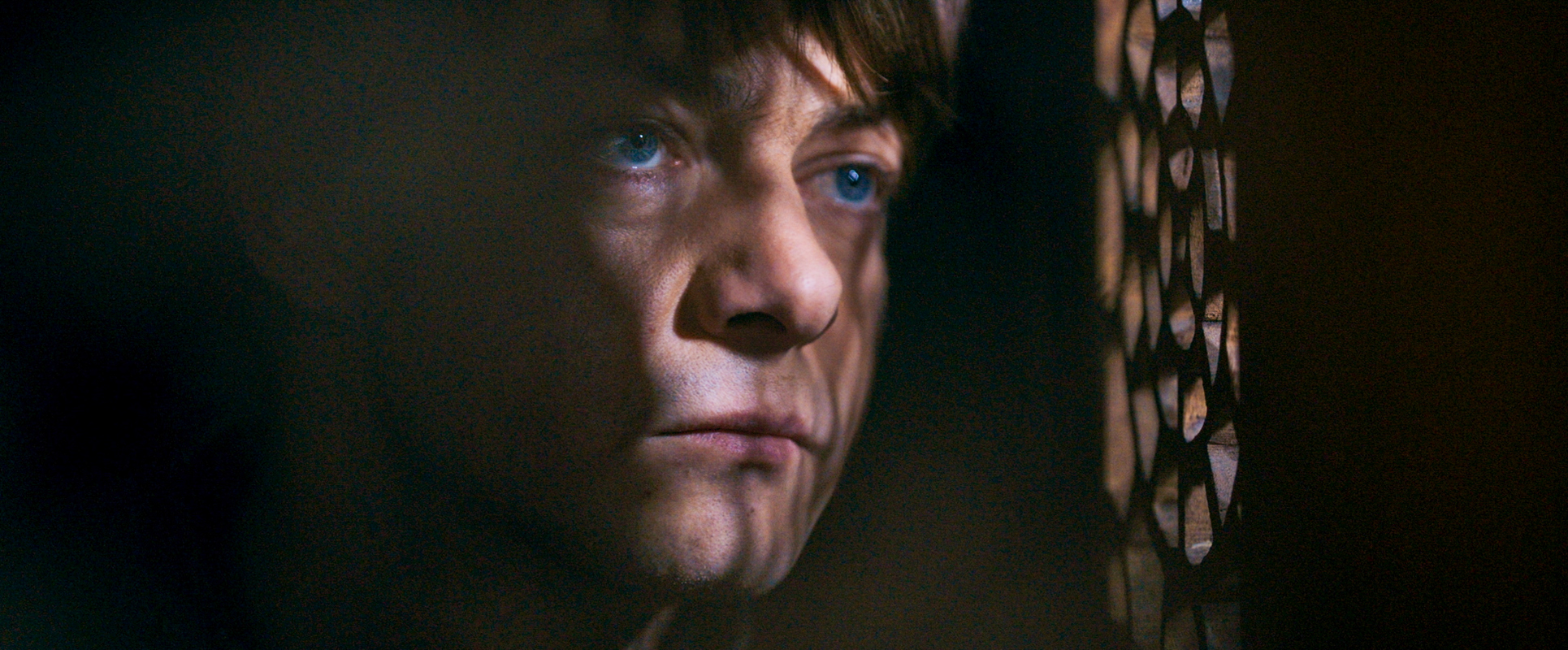
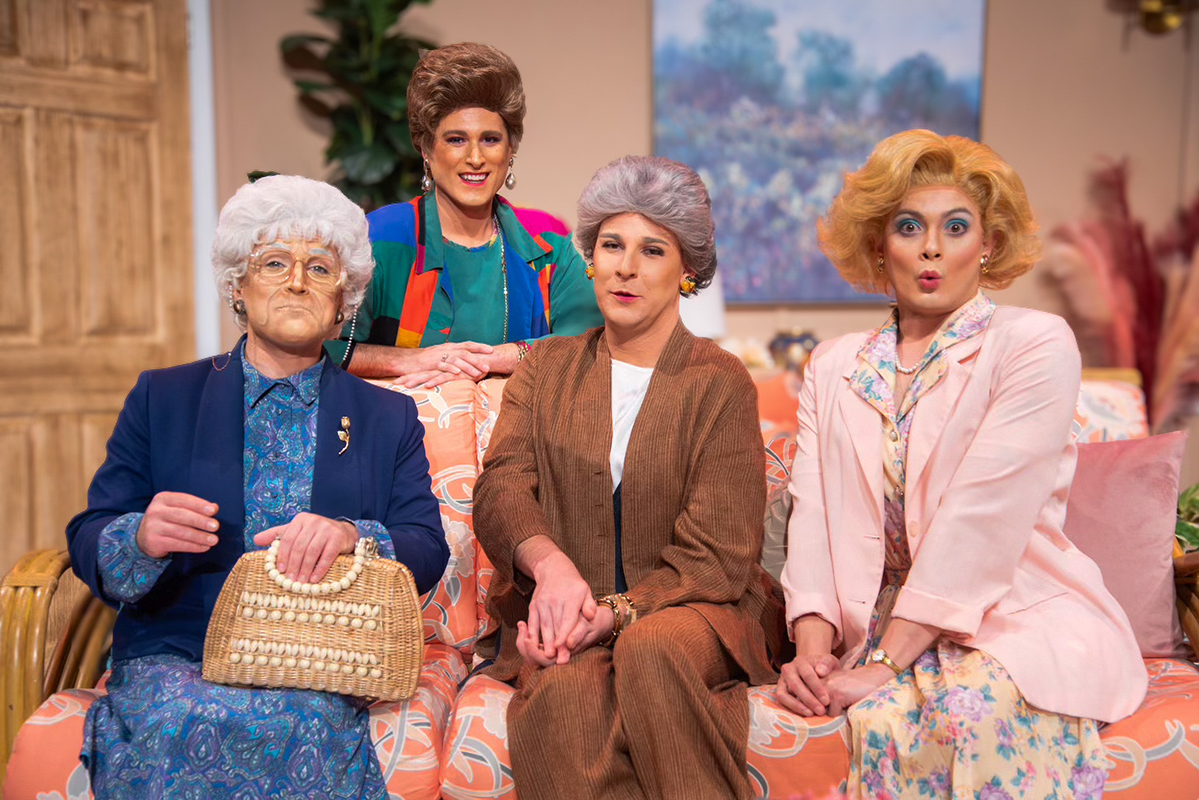
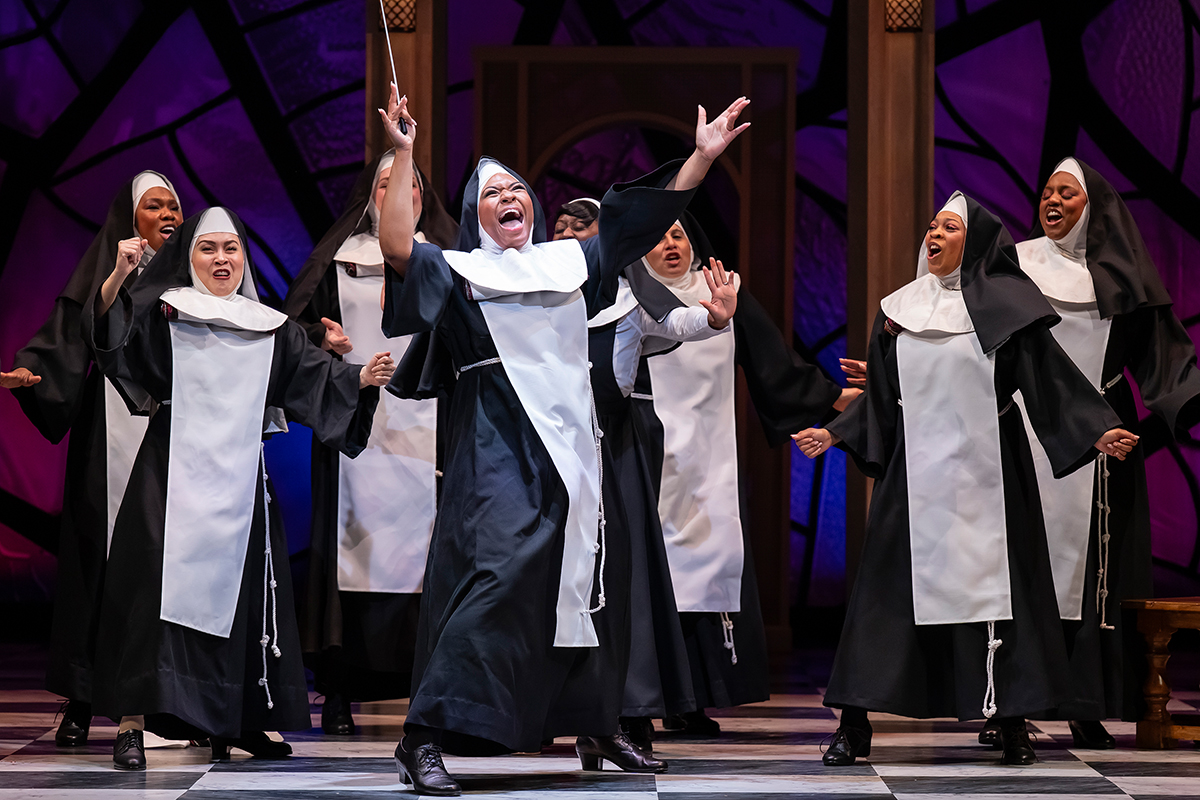













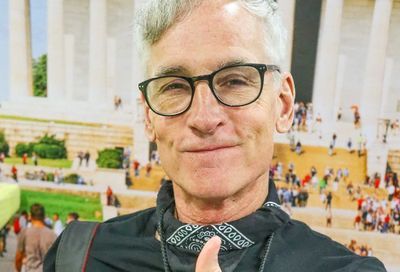
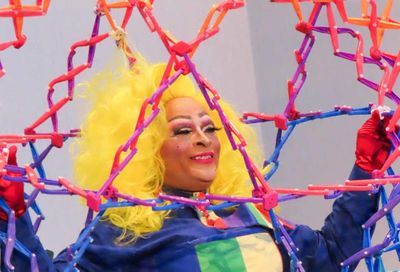
You must be logged in to post a comment.